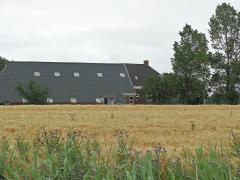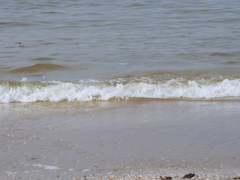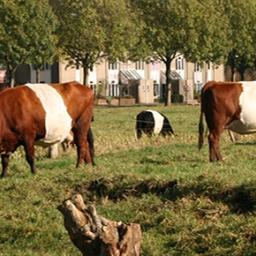Potential of extensification of European agriculture for a more sustainable food system, focusing on nitrogen
Most global strategies for future food security focus on sustainable intensification of production of food and involve increased use of nitrogen fertilizer and manure. The external costs of current high nitrogen (N) losses from agriculture in the European Union, are 0.3-1.9% of gross domestic product (GDP) in 2008.
Benefits of extensification are higher local biodiversity and less environmental pollution and therefore less external costs for society. Extensification also has risks such as a reduction of yields and therewith a decrease of the GDP and farm income and a smaller contribution to the global food production, and potentially an increase of global demand for land. We demonstrate favourable examples of extensification. Reducing the N fertilization rate for winter wheat in Northwest Europe to 25-30% below current N recommendations accounts for the external N cost, but requires action to compensate for a reduction in crop yield by 10-20%. Dutch dairy and pig farmers changing to less intensive production maintain or even improve farm income by price premiums on their products, and/or by savings on external inputs. We conclude that in Europe extensification of agriculture is sustainable when combined with adjusted diets and externalization of environmental costs to food prices.
Authors
Specifications
- Publication title
- Potential of extensification of European agriculture for a more sustainable food system, focusing on nitrogen
- Publication date
- 26 January 2015
- Publication type
- Publication
- Magazine
- Environ. Research Letters 10 (2015) 025002
- Product number
- 1692




